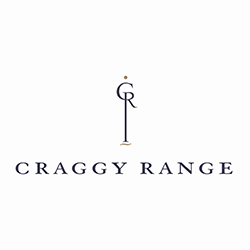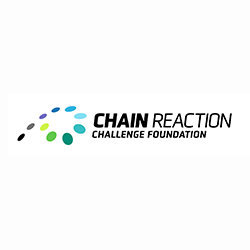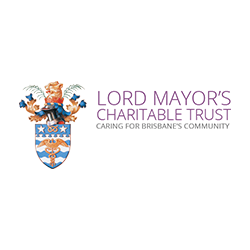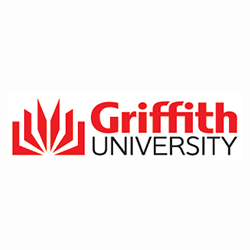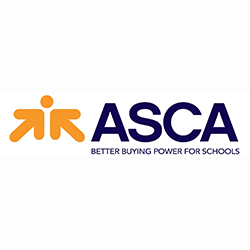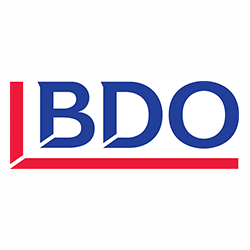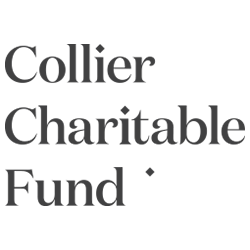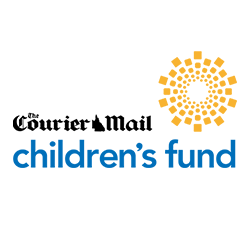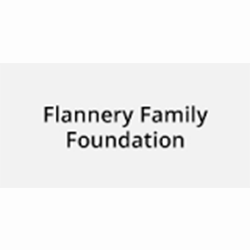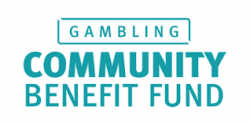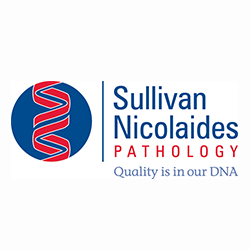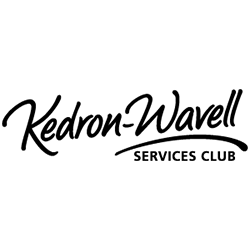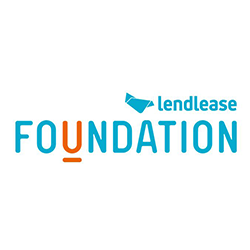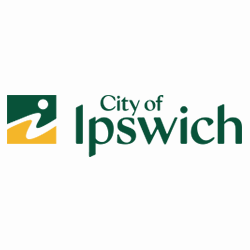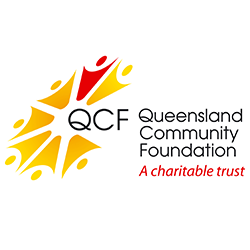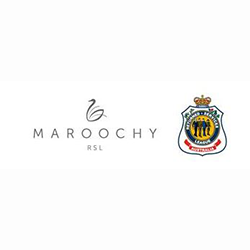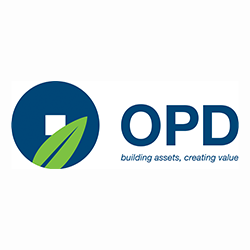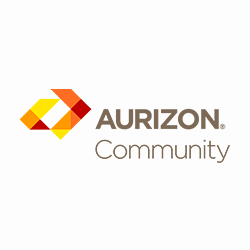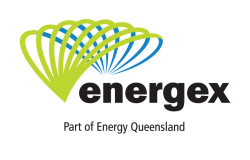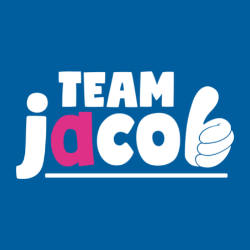FAQs
Frequently Asked Questions
You can call us on 1300 273 435 and talk to our friendly team if you have questions about our early intervention program and how we can support your child and your family. Here, we answer some of the questions commonly asked by parents and carers.
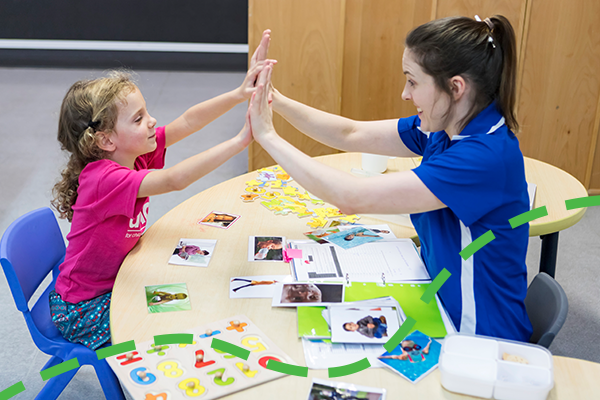
-
How do I get a diagnosis for my child?
In most Australian states, it is most common to have your child assessed by a paediatrician. To do this, you will need a referral from your general practitioner.
-
What's it like to have autism?
Children with autism have a unique way of experiencing the world, which can be different from their neurotypical peers. Each person's experience can vary greatly from another's, but some common themes include:
- Sensory processing: autistic children process sensory information differently and they might be more sensitive when it comes to sounds, lights, or textures, which might make certain environments feel overhwelming. Some might find comfort in sensory experiences that are soothing or stimulating.
- Social communication: there are many ways to communicate. Some autistic children may express themselves through speech, gestures, body language, or with the assistance of alternatie forms of communication, incluidng those assisted by technology.
- Routine: many children find comfort in security and routines, which can reduce feelings of anxiet or uncertainty.
- Focussed interests: autistic children may develop strong interests in specific topics, which are valuable, and can create a foundation for expertise, creativity or problem solving skills.
- Emotional expression: All children experience a range of emotions. Autistic children may show their emotions in ways that are unique to them, perhaps through movement, vocalisations, or by withdrawing. Calm, understanding spaces for processing emotions is important.
- Strengths: every child has their own strengths and unique qualities that should be recognised and nurtured.
Autism is part of a person's identity, and at AEIOU, it is important that we understand each child's individual qualities, preferences and developmental goals, to provide a supportive and enriching developmental pathway.
-
Why is AEIOU’s early intervention service centre-based?
The goal of a centre-based service is to offer families good value for money, along with convenience and support while raising a young child with additional needs.
Within a centre, your family can access support from a team of therapists and educators in one location, with a team that specialises in autism-specific early intervention. The environment is consistent, safe and nurturing.
Our service is play-based, where children are children first. You can be confident in the naturalistic environment at AEIOU, where children are supported to develop play-skills, and the ability to develop friendships.
AEIOU’s long day care licencing means both parents or carers can access the workforce, with children cared outside of intensive program hours for by highly skilled staff who know and understand your child’s individual needs and strengths.
In addition to this, a full-time placement can also provide your family with some respite, ensuring you have quality time with other children or family members in your care.
At AEIOU, parents and carers can also access regular workshops and advice relating to your specific, individual needs.
-
What does transdisciplinary mean?
AEIOU’s specialised group early childhood intervention is individually tailored to each child’s needs and is delivered by a transdisciplinary team. This team, comprised of multiple professionals shares responsibility by planning, developing and implementing supports for children and families.
Simply, transdisciplinary means a team of people who are capable of not only working within their own profession, but who have the skill to work across other professions. For example, at AEIOU, our learning facilitators are able to implement various therapies for children within the scope of our program and the support of our therapy team.
At AEIOU, transdisciplinary teams are made up of speech and language pathologists, occupational therapists, behaviour analysts and therapists, educators, learning facilitators and researchers.
-
Which therapists and educators are working with the children and how often?
Behaviour Therapists, Occupational Therapists and Speech Pathologists make up a transdisciplinary team. Our model is for the transdisciplinary team to design each child’s individualised plan incorporating each therapist’s area of expertise. This ensures all staff are able to effectively implement each child’s therapy and care. Currently, Speech Pathologists and Occupational Therapists spend half their time (4 hrs each day) on the floor with the children and training staff. The remainder of their time is spent creating strategies, meeting parents, creating and monitoring children’s programs, and administration.
-
Will my child receive one-on-one time with therapists?
AEIOU delivers a specialised group early childhood intervention for children aged 2-6 years. While most therapy is group based, there are times when individual children benefit from one-to-one teaching with their therapy and education team.
How a child receives support AEIOU is dependent on their individual needs. AEIOU will assess your child through our specialised AEIOU curriculum and a range of standardised assessments. From this, an individualised plan (in conjunction with your family’s own priorities) is created. AEIOU’s one-to-one format brings children together in small groups, with a staff member rotating between the children, providing one-to-one teaching. Ultimately, we are working towards the children learning in a group as it is necessary for school.
-
What if my child needs more OT than Speech or vice versa? How will you be able to ensure the correct amount of therapy is given to them?
Your child's needs inform their individual therapy plan and each child’s plan has input from all therapists and the family to ensure the best learning outcomes. All staff are trained to implement each child's individual plan, collect data and analyse progress. A team of senior therapists (Program Coordinators) provide guidance and support to all transdisciplinary team members.
-
How do you implement individual plans if you’re working in small groups of two and three children?
Each child’s goals are targeted across the entire day not just during learning centres (when the children are in small groups). All staff ensure that each child has enough learning opportunities across the day to achieve their goals. Data is collected for each child and analysed to ensure appropriate progress is being made. In a small group each child can be working on a completely different goal, dependent on their needs. If a group of children have goals with similar resources these are grouped together in terms of logistics but the children are still taught skills one-to-one.
-
How long do children need to stay at AEIOU?
There is no specified length of time that children need to stay, however, goals are most redily achieved with consistent attendance. During their time at AEIOU, we consistently collect and analyse data which is used to inform each child’s individual plan and ensures we are delivering a quality service for each child. This information helps us determine when each child is ready for transition—on average, children are enrolled for two years. This decision-making process has a high level of parent input.
-
How long before I will see changes in speech?
One are strong priorities at AEIOU is to ensure every child develops a functional communication system. The most effective communications system is determined through a range of assessments and could be PECS, sign, vocal etc. Initially, we want to give the child a means to have their needs met and this may not be through vocal communication.
Even if a child isn’t using vocal communication as their primary means of communication, we will continue working on vocals. We have a whole domain in the curriculum focusing solely on teaching vocal communication.
After one year at AEIOU, 98.5% of children improved their overall communication skills.
-
How does AEIOU Foundation assist with toilet training and how long does it take?
AEIOU staff are highly trained in this area and our toileting program has a high success rate. The time that toilet training take varies from child to child and is dependent on many variables. Each child will have an individualised plan devised to ensure toilet training success. Parents are supported throughout this process as it is vitally important that we work very closely to ensure success in the centre and at home.
After one year at AEIOU, 66.7% of children are either fully toilet trained or progressing well with their toileting.
-
How can AEIOU help while we are on the waiting list?
Families who are on the waitlist, as well as those of children currently enrolled, have access to our AEIOU Parent Training Webinar series. Head to our Workshops page to learn more.
-
What causes autism?
There is no single known cause for autism. Genetics are thought to play a role, but autism may also occur spontaneously, or due to other causes; autism is a complex disorder which affects each individual diagnosed with it differently, so all this is yet to be determined.
What we do know is that vaccinations do not cause autism, and early intervention (through a program based on evidence-based practices) can make a significant difference to a child's ability to develop essential life skills and live their best life.
-
Is there a cure for autism?
No, there is no cure for autism. However, while autism is a lifelong condition, with early intervention, many children can develop the ability to communicate, learn self-help and academic skills, and improve fine and gross motor skills which enables them to find a place within the community.
At AEIOU, we don't want to 'fix' autism. But after just one year at AEIOU, over 95% of children saw improvements in their early learning skills, 98.5% improved their overall communication, and 96.9% of children improved their fine motor skills. Studies have shown children who complete the AEIOU program experience a reduction in autism symptoms. Each child develops new skills and AEIOU supports every individual with a plan that is based on their unique strengths and needs.
-
Is AEIOU expensive?
It is our goal to ensure AEIOU’s service is accessible to all families, and offers excellent value for money. While some rebates are means tested (noting, NDIS funded packages are not), most families have out of pocket expenses that are equal or less to long day-care fees.
For more information about our fees, please visit this page.

